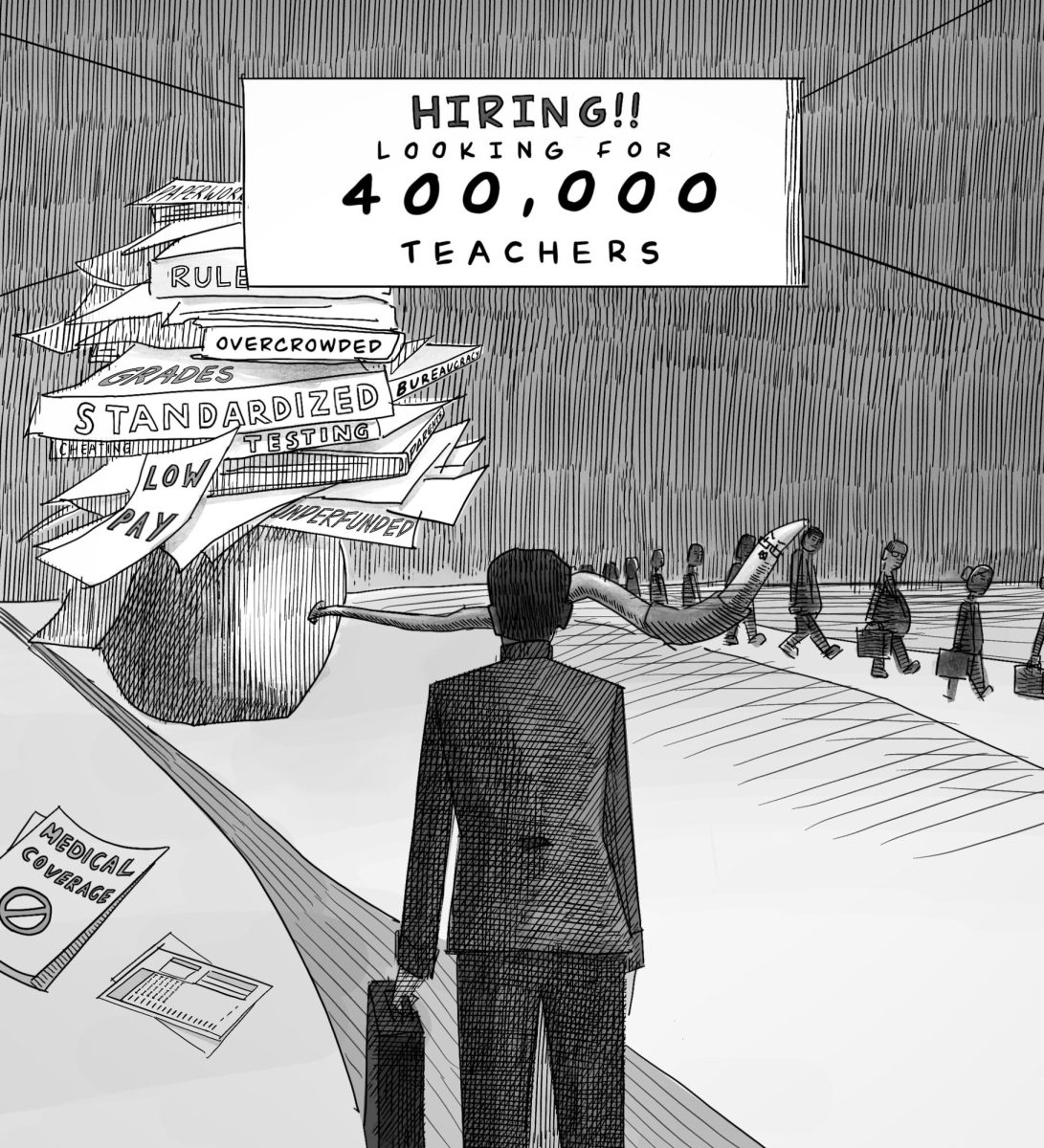Should the government legalize the paying for donated organs?
By Sabrina Sun | Staff Writer
In recent years, biotechnology has advanced so much that organ transplantation can be considered a modern miracle. Exciting developments in this field save and improve the quality of lives. However, we are still in desperate need of organ transplants. While there were 15,064 donors in 2015, the Organ Procurement and Transplantation Network (OPTN) reports that as of Mar. 12, 121,446 candidates are still in need of transplants, and that a new candidate is added every 10 minutes. Legalizing monetary compensation for organ donations will provide an incentive to become an organ donor, relieve the widening gap between supply and demand, and minimize preventable deaths.
The idea of legalizing payment for organs is not a novel one, and many economists have already considered it. After all, many people would not be willing to suffer the discomforta nd inconvenience of donating organs. Most people will consider it for a close family member, but how many people would be willing to undertake the same risks for a stranger? Unfortunately, there is a shortage of such altruistic individuals as well as other organ sources.
Organs can be obtained from cadavers, but a New York Times article reported that “traffic fatalities—which tend to produce desirable organs for harvest—are on a downward trend in Western countries” and that “a kidney from a living donor is far more valuable than a cadaver kidney.” Not only does a living donor shorten waiting time, cadaveric organs also have a higher likelihood of suffering inflammatory damage and overall lower graft survival rates. Therefore, cadavers are an inadequate and declining source of organs.
Simply put, there are not enough organs or willing donors to satisfy the long queue of transplant hopefuls. According to the OPTN, an average of 21 people die per day waiting for a transplant, deaths that would have been easily prevented were there an efficient method for acquiring organs. The majority of countries’ policies provide no incentive nor any compensation for registering as a donor. Providing regulated compensation would incentivize the otherwise grueling task of donorship and increase supply.
Many have voiced valid concerns that the system of compensation could easily be exploited and disproportionately increase lower-income donors, at the risk of their own health. In addition, the moral and ethical aspects of setting a price on human organs is debatable. Opposers cite reports of China’s involuntary organ harvesting of Falun Gong prisoners and transplant tourism as a reason to prevent the sale of organs. Nevertheless, the establishment of government monitored network to sell organs may be more feasible than it appears.
In December 2011, a U.S. Appeals court legalized the selling of bone marrow, allowing donors to be compensated up to $3000. However, the compensation must be in the form of vouchers used to fund scholarships, support education, or contribute to a charity. A similar system could be applied to other organs, with tax exemption and decreased medical cost serving as incentives. Just registering as an organ donor could serve as a trust fund for the donor’s family. This limitation of compensation types will make organ compensation unappealing to lower-income citizens as a “quick-profit,” curtailing exploitation.
Many economists who oppose the selling of organs propose the adoption of the opt-out system as opposed to an opt-in system. An opt-in system requires individuals to register to become a donor whereas an opt-out system registers each citizen immediately as donor unless specified otherwise. A study led by Prof. Eamonn Ferguson of the University of Nottingham, UK investigated the effectiveness of both systems and found that opt-in systems were shown to have a higher rate of living kidney donations compared to opt-out systems. Additionally, if the opt-out system is ever used widely, the possibility of an individual unwillingly becoming a donor still exists. In comparison, a compensation opt-in system merely provides incentive and still allows individuals to choose with their own will to become an organ donor.
The preventable deaths caused by the ever-growing gap between supply and demand cannot be allowed to continue. Altruistic individuals and cadavers are not a stable source of organ donations. With proper government surveillance, monetary compensation through vouchers will provide an incentive and enable organ transplants to save numerous lives.











